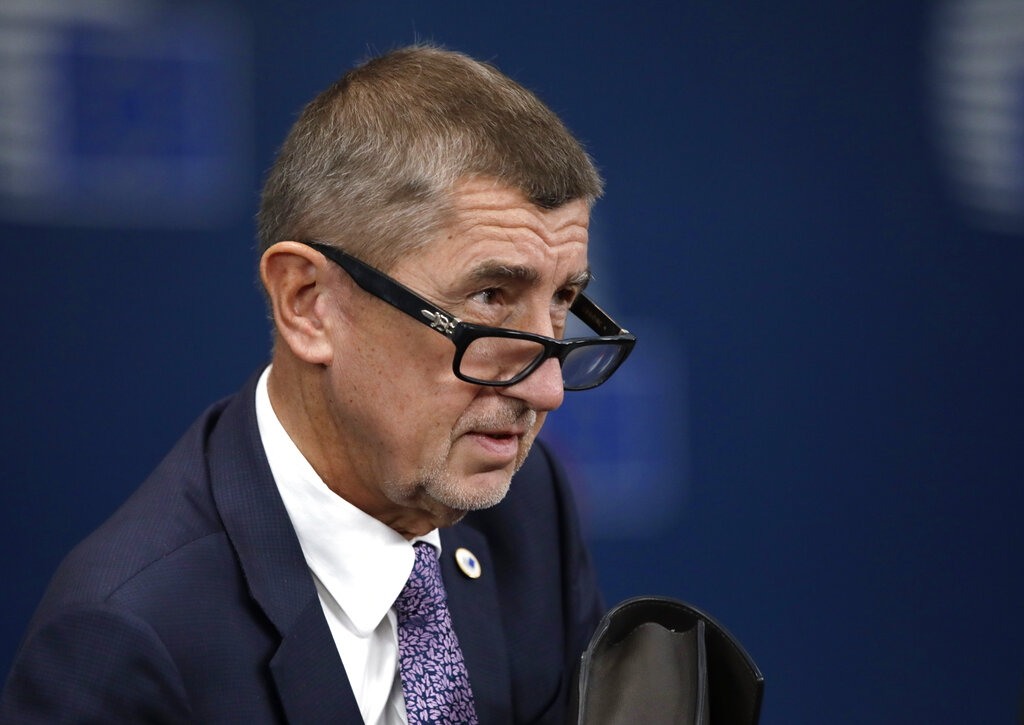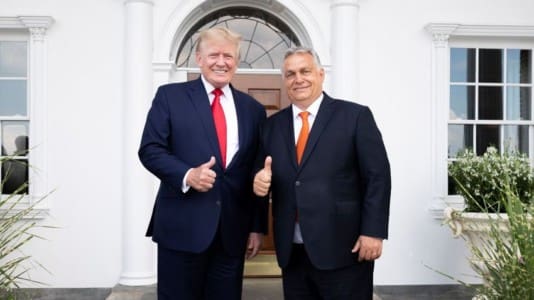Andrej Babiš, the former Czech prime minister who is tipped for a return to office after elections later this year, has pushed back against U.S. President-elect Donald Trump’s call for NATO members to ramp up defense spending to 5 percent of GDP.
Speaking on CNN Prima News on Sunday, Babiš rejected the notion that Czechia should pay more into its defense budget, arguing that the Czech economy is on the rise and 2 percent of GDP is sufficient.
He stated that if he were to become prime minister again after elections in the fall, he would make it clear to the incoming U.S. president that a target of 5 percent of GDP is unrealistic for Czechia, which he claims is struggling to spend its defense budget as it is.
“We have 2 percent for defense and Defense Minister Jana Černochová is unable to spend it. She had to pay another deposit for the F-35 in December, which we don’t need,” the opposition leader told the broadcaster.
“If I were prime minister, I would explain to Donald Trump that 5 percent is unrealistic, that 2 percent is enough for us because our GDP is still rising.”
“I understand why he wants 5 percent. We had that debate in 2018. I was de facto responsible to him for the European Union. I explained to him that every country has a different GDP,” he added.
The populist politician, and one of Czechia’s richest men with an estimated net worth of $4.1 billion, leads the ANO party currently top of the polls ahead of parliamentary elections that must be held by October at the latest.
At 34 percent, the party could be on course to land itself a majority after the relevant restructuring and govern without the need for a coalition, making Babiš’ remarks of particular interest.
Trump, due to be inaugurated as U.S. president on Monday, has been vocal in demanding that NATO allies contribute more toward their own defense, claiming many nations are not helping themselves and placing an unacceptable burden on the United States to pay for their protection.
In a Jan. 7 press conference, Trump reinforced his long-standing position that European nations must increase their financial contributions. “They can all afford it. Europe is in for a tiny fraction of the money that we’re in,” he told journalists.
Babiš’ view could set him on a collision course with the new administration in Washington, especially as other European leaders are beginning to align with Trump’s demands. Czech Prime Minister Petr Fiala recently acknowledged the need for a broader discussion on increased military budgets, stating that “2 percent is the minimum today, but not all states even meet that.” He further argued that defense spending could serve as an economic stimulus, fostering industrial growth and technological development.
Similarly, Poland’s Defense Minister Władysław Kosiniak-Kamysz has openly supported Trump’s proposal, describing it as an “ambitious but necessary” goal. In a recent interview with the Financial Times, Kosiniak-Kamysz noted that while reaching the 5 percent benchmark could take a decade, Trump’s insistence on increased military investment serves as an important “wake-up call” for NATO allies.
Czechia is expected to have spent around 2.1 percent of its GDP on defense last year and is one of the 23 member states now meeting the target within the 32-member alliance.






